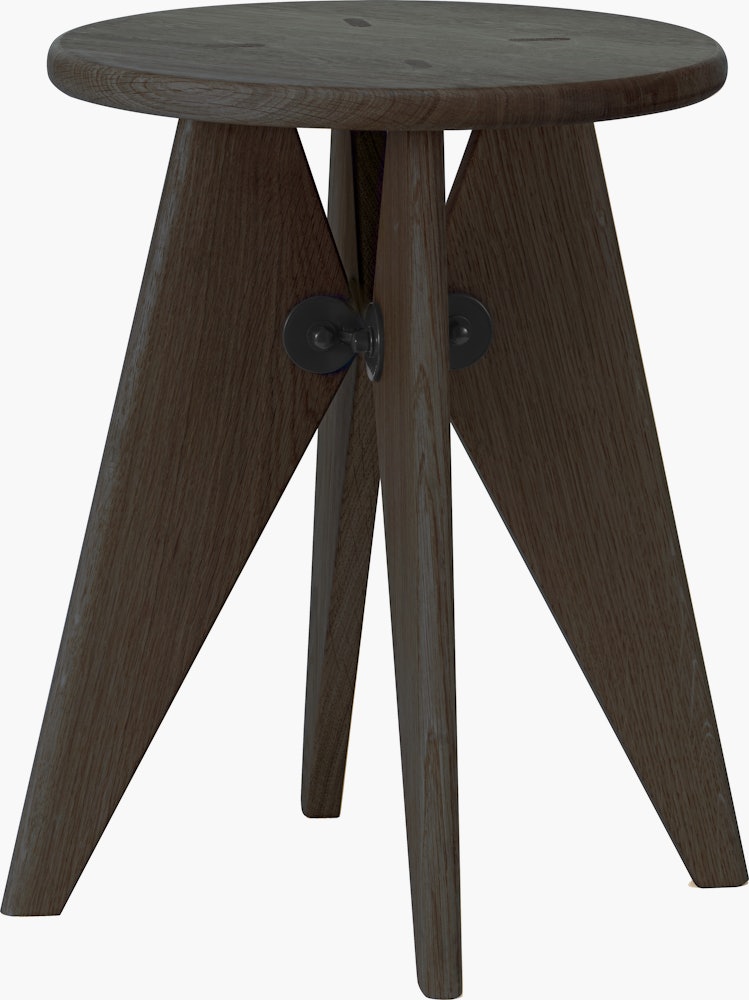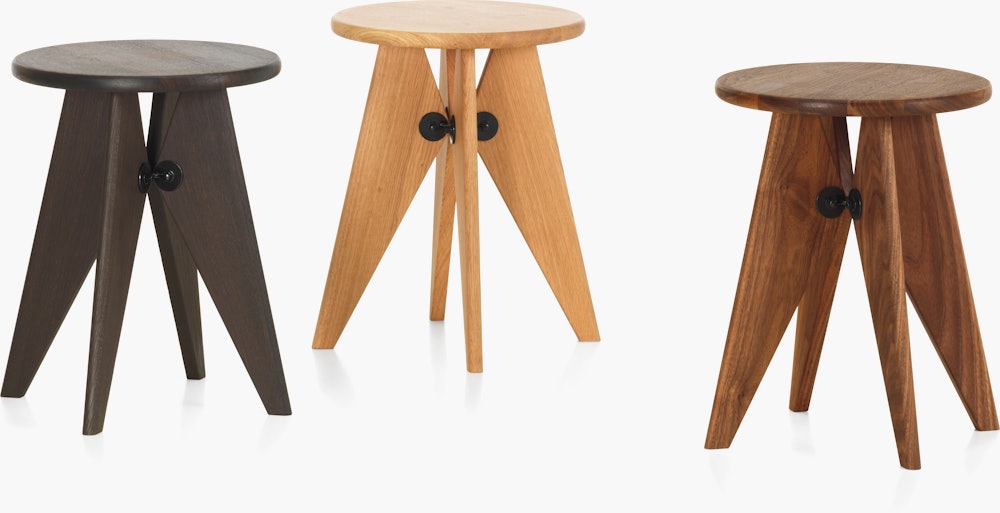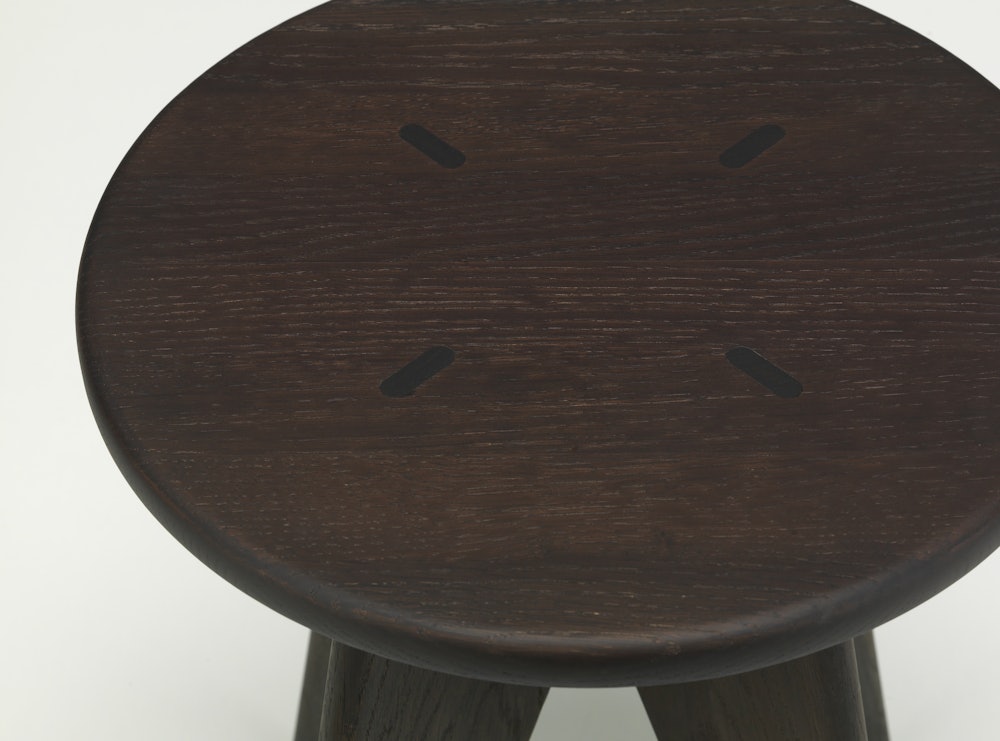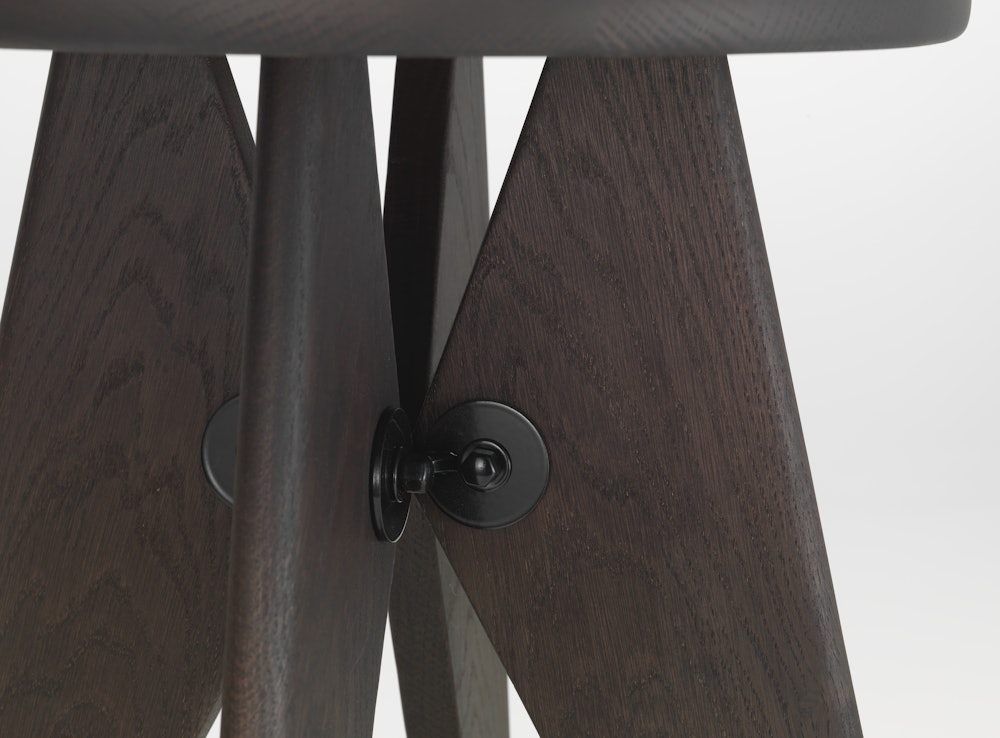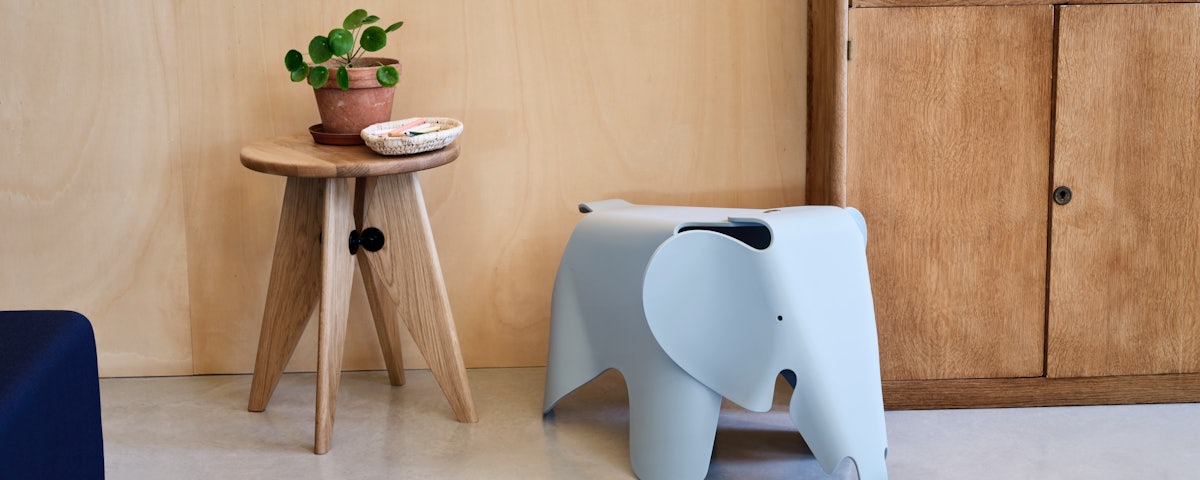Prouvé Tabouret Bois
Prouvé Tabouret Bois
Shipping + Delivery
Easy Returns
Not satisfied? Return items within 30 days. Learn More
Design Concierge
Need help designing your space? Learn more about our complimentary interior design services
Authenticity Guaranteed
This is an original, authenticated product.
Details
- Designed by legendary French designer Jean Prouvé.
- Classic design combining steel and wood.
- Can function as a stool or side table.
- Brand
- Vitra
- General Dimensions
-
- 17¾" H 15¾" W 15¾" D
- Product Weight
- 10.75 lbs
- Assembly
- Comes fully assembled
- Warranty
-
1-year warranty
Terms and conditions apply. Learn more
Tabouret Bois
- Height (in): 17¾
- Width (in): 15¾
- Depth (in): 15¾
- Weight (lbs): 10.75
- Seat Height (in): 17¾
- Seat Width (in): 13¾
- Seat Depth (in): 13¾
- Solid wood seat and base
- Powder-coated steel joints
Jean Prouvé
“Never design anything that cannot be made,” Jean Prouvé once said. His practical body of work ranged from letter openers to doorknobs, furniture to modularly constructed buildings. Prouvé always regarded himself as more of an engineer, or “constructor,” than a designer. He never designed for the sake of form alone, concentrating instead on the essence of materials, connections, and production.
More on Jean Prouvé





